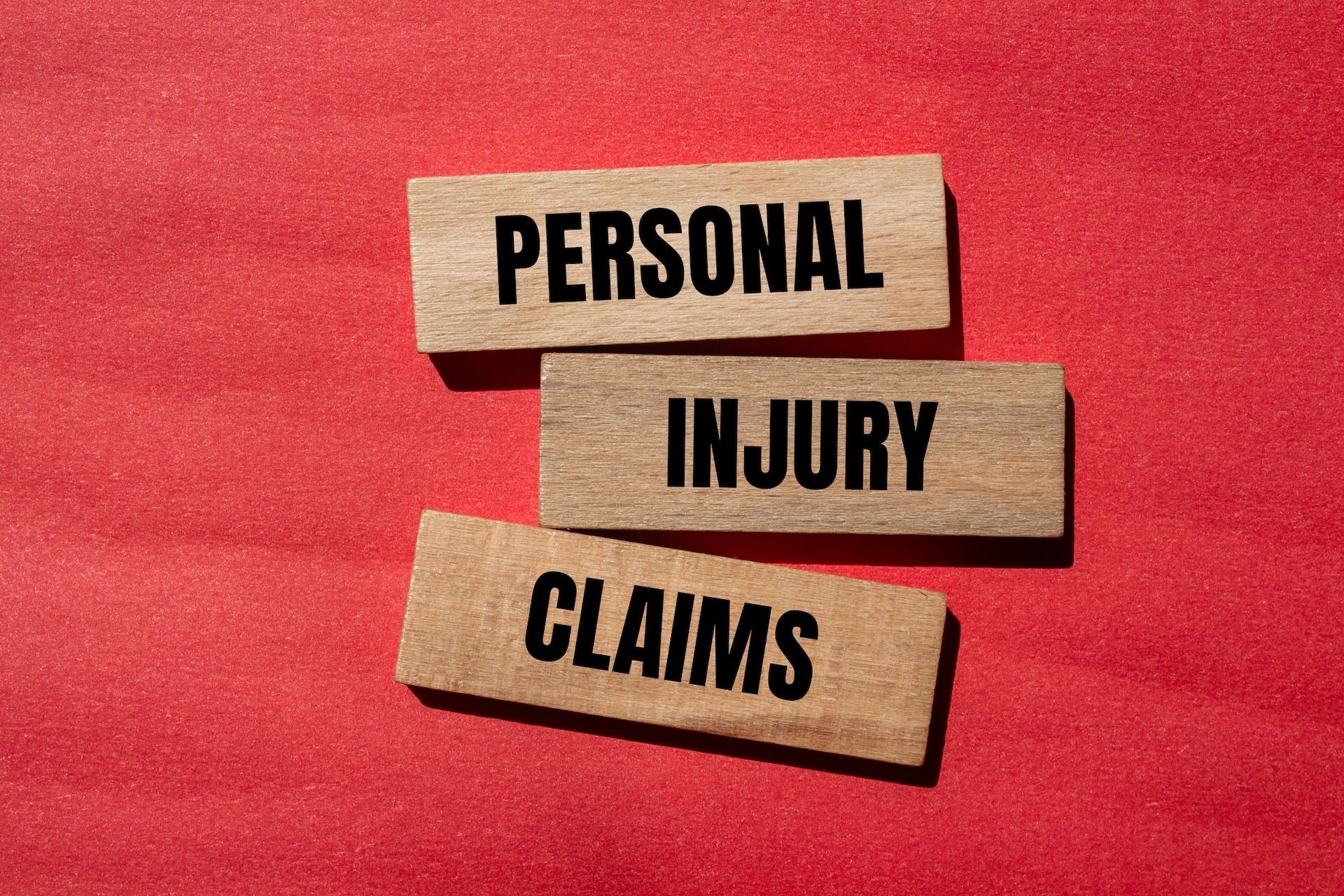What Does A Vocational Assessment Test Include?

Whenever an individual’s employability is in question, a vocational expert will use a vocational assessment test to conclude if the person can find appropriate employment. For instance, in personal injury cases, the vocational assessment can determine if the plaintiff can return to the same job they had before the injury.
In other words, the lost wages, and damages will be based on the results of the
vocational assessment test, which makes it a crucial tool in litigation.
What Is A Vocational Assessment Test?
This standardized test measures academic ability, levels of achievement, personality, and more importantly, vocational interests and aptitude. As such, it can be utilized to determine the employment potential of injured individuals.
The vocational assessment test will not only determine the current capabilities of an individual but also their earning capacity after they complete additional education or training and learn new skills that will help them leverage new opportunities within their limitations.
Who Can Perform This Test?
Only a ‘’qualified user’’ can perform this test. These individuals are in charge of all the parts of the test, from administering to interpretation and scoring. They must possess meet the following criteria:
1. Training in occupational therapy, counseling, social work, and similar fields.
2. A master’s in social work, speech pathology, psychology, occupational therapy, and education.
3. Certification in an organization that requires experience in areas relevant to the assessment.
4. Employment in an authorized institution.
A
vocational evaluation is typically conducted by a
vocational expert/evaluator, a case manager, or a rehabilitation counselor.
A vocational evaluator conducts
vocational assessment, thus helping individuals recognize career paths. They may either be certified by an organization or possess a degree in vocational counseling or evaluation or psychology and related fields.
Case managers can also provide vocational rehabilitation services and administer vocational assessment tests. They may have a degree in services or the health field or be certified as case managers.
Lastly, rehabilitation counselors have the necessary training to assist those with disabilities fulfill their vocational goals. They evaluate both medical and school reports and consult with medical professionals and occupational therapists to assess the skills of an individual. They then develop treatment or rehabilitation plans that can help disabled persons achieve their goals by going through additional training and expanding their work skills.
Vocational assessment test standards
Several rules ensure a vocational assessment test is performed correctly.
1. According to standards, the professional who administers the test must discuss the role of the test in the vocational evaluation.
2. The evaluator has to provide an impartial assessment.
3. The test has to be administered in the primary language of the individual. If there are any language barriers, a translator must be employed to obtain reliable test results.
4. The evaluator must determine whether the person evaluated is adequately literate to understand the self-administered test.
5. If performed remotely, the evaluator must mail the testing materials to the injured person in a closed envelope. These materials can only be viewed in an attorney’s office while the evaluator is present over conferencing software such as Zoom. The evaluator must observe the person while they are taking tests to ensure all results are valid. Once the test is completed, the subject has to seal and sign the envelope and mail it to the evaluator.
What do the tests cover?
Vocational tests usually measure academic ability, personality, achievement levels, vocational ability, and interests as well as intelligence levels. For injured individuals, the test may include a neuropsychological evaluation
This test will determine functioning in areas such as:
1. Executive functions
2. Intelligence
3. Memory
4. Language
5. Attention
6. Perception
7. Motivation
8. Sensorimotor function
9. Life Quality
Most Common Tests Used In Vocational Evaluations
Vocational evaluation usually includes some of the following tests:
1. Aptitude Assessment Test
This test is good for determining the likelihood of success in a particular activity. According to this test, different individuals have weaknesses and strengths and a natural tendency for success in certain areas.
Aptitudes measured in this vocational assessment test include verbal aptitude to general learning ability, form perception, numerical aptitude, etc.
2. Career Scope
Career is a popular self-administered assessment that’s easy to complete and measures both aptitudes and interests of an individual. It has an interest inventory that targets key interest areas and measures the attractions to careers in different areas such as art, business, industrial, and such.
In short, the individual will be asked to rate the enjoyment of various activities and those results can then be used to find careers that similar individuals enjoy. A vocational evaluator may use those results to find key areas of interest and help connect the individual to a career they are most likely to enjoy.
The critical aptitudes in CareerScope also cover the emerging careers in the modern era. If needed, this test can also be administered to measure physical performance scores for aspects such as manual and finger dexterity and motor coordination.
3. Kaufman Brief Intelligence Test
This test is self-administered and measures verbal and nonverbal intelligence. It may take anywhere from 15 to 30 minutes and is usually completed on paper. Additionally, it may also be proctored remotely by displaying the material on a shared screen.
4. The Wide Range Achievement Test
This test measures the academic skills of an individual in areas such as spelling and reading, sentence comprehension, and basic math computation. In short, it helps the evaluator find any weaknesses in these fields and helps them estimate the true skill level. It’s self-administered and can be completed remotely, just like the Kaufman Brief Intelligence Test.
Do You Have To Take Each Test?
Short answer - no.
A vocational evaluator decides which vocational assessment test is suitable for each individual. For instance, The Wide Range Achievement Test and Kaufman Brill Intelligence Test will usually be administered if the cognitive ability has been affected due to a brain injury.
The Bottom Line
Vocational evaluation can help injured individuals know exactly what their current capabilities are. More importantly, it helps outline the true scope of their new limitations and explains how their livelihood has been affected by an injury. As such, it can help those workers receive the required compensation due to the loss of their earning potential.
Additionally, it also helps injured workers raise their earning capacity by steering them in the right direction and helping them know which jobs they can do within their limitations. Thus, they can complete training or learn new skills to increase their employability.
Disclaimer: The information on this website and blog is for general informational purposes only and is not professional advice. We make no guarantees of accuracy or completeness. We disclaim all liability for errors, omissions, or reliance on this content. Always consult a qualified professional for specific guidance.








